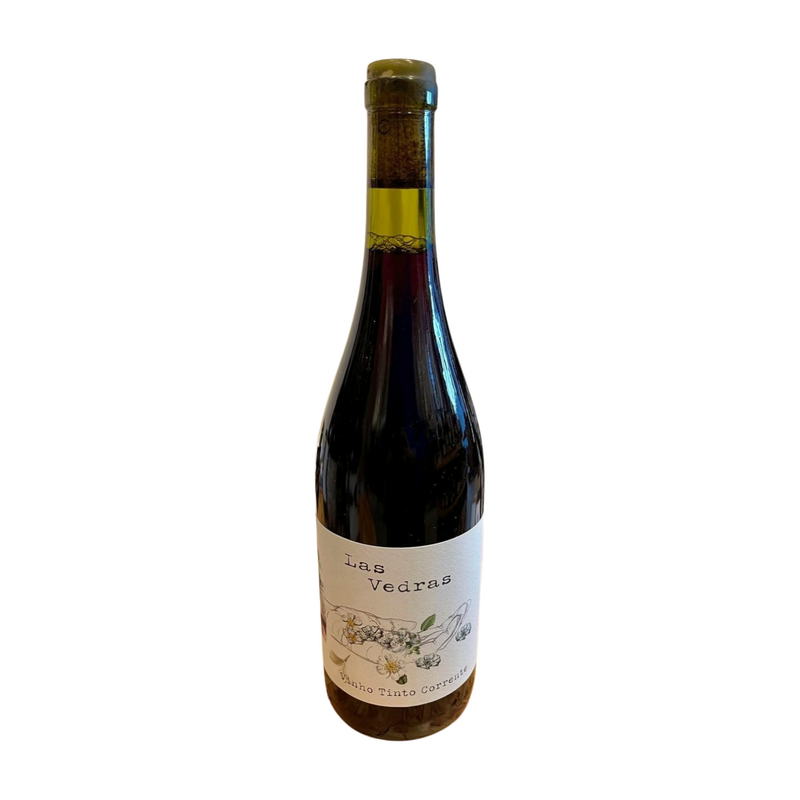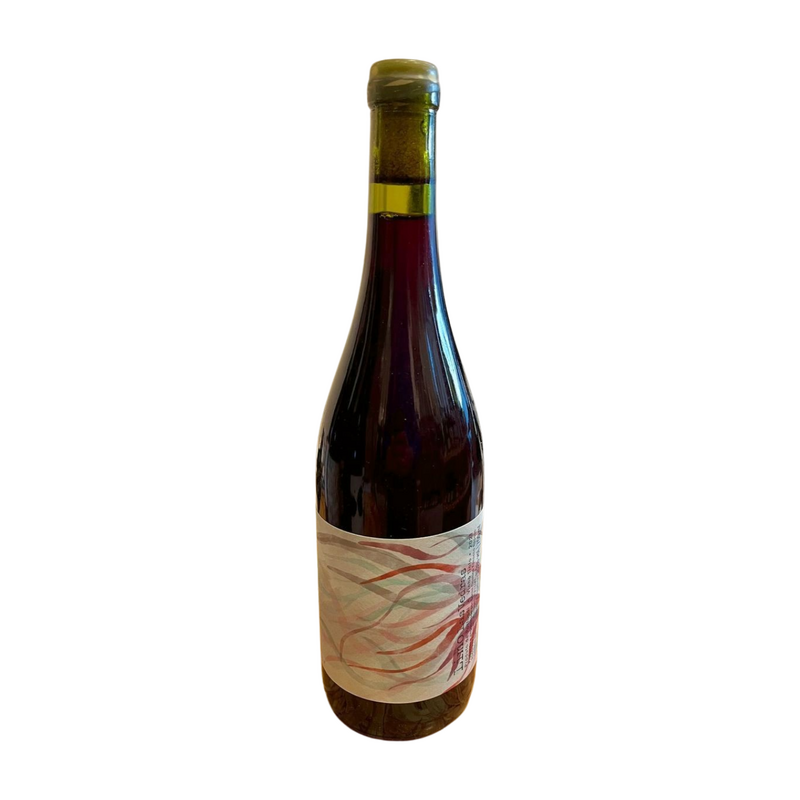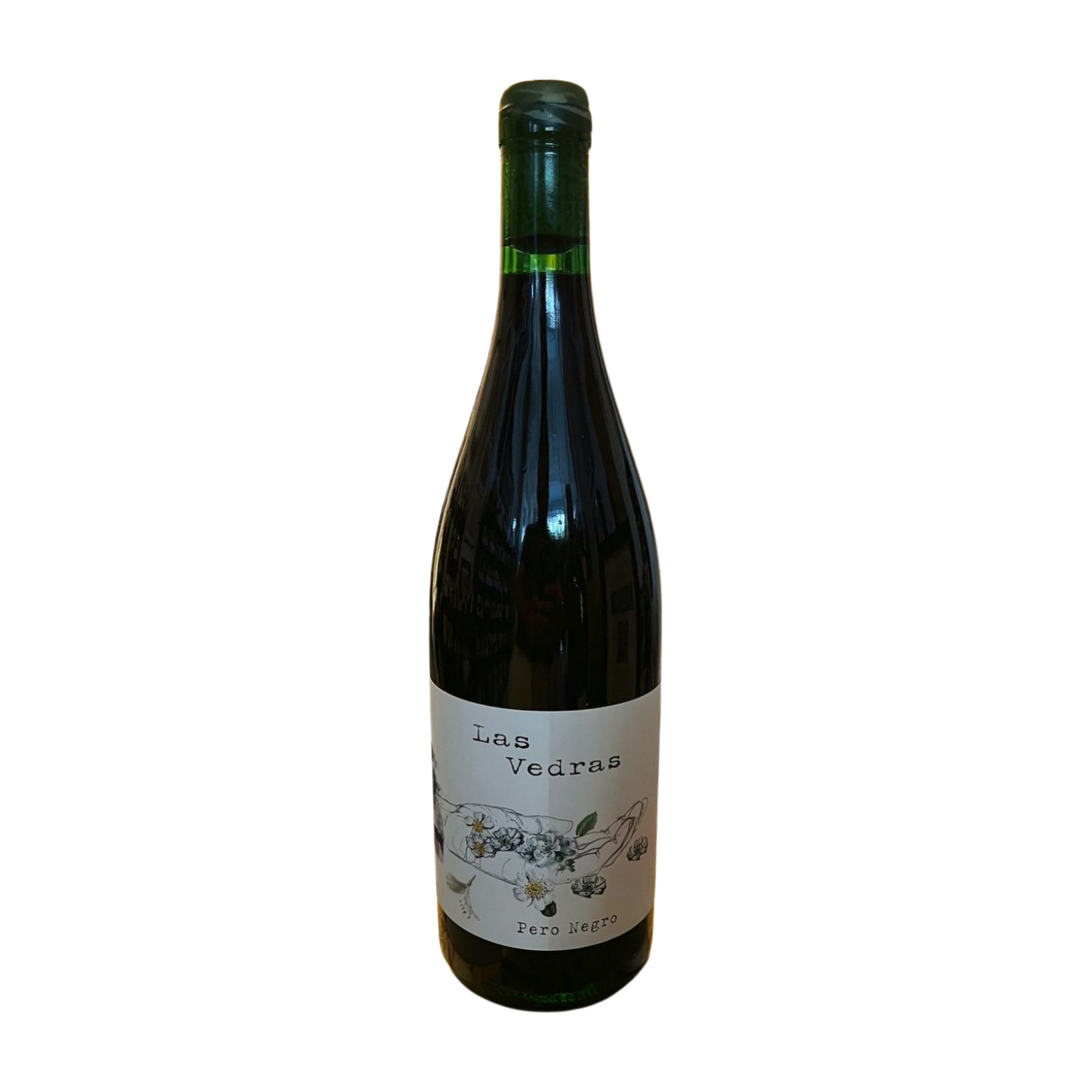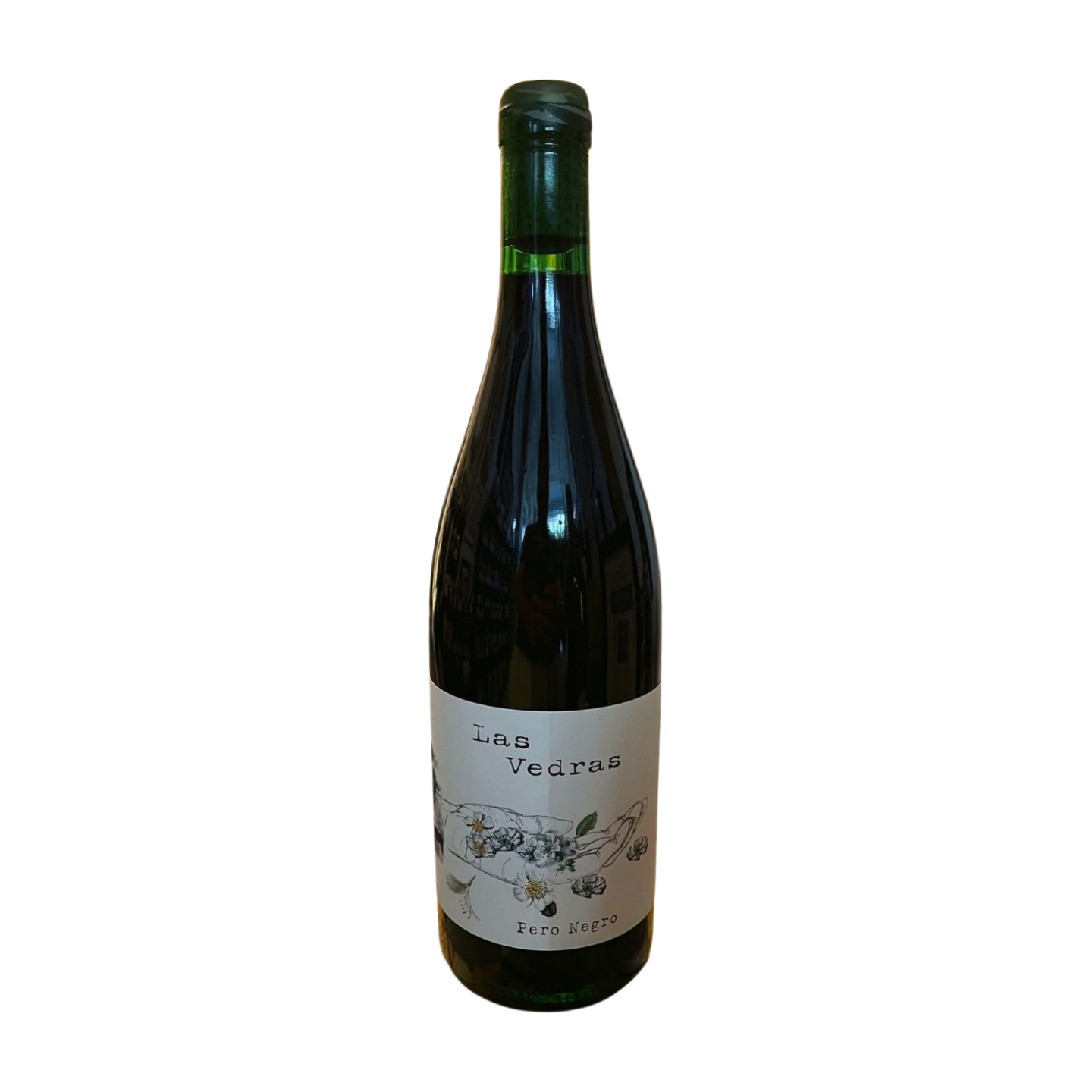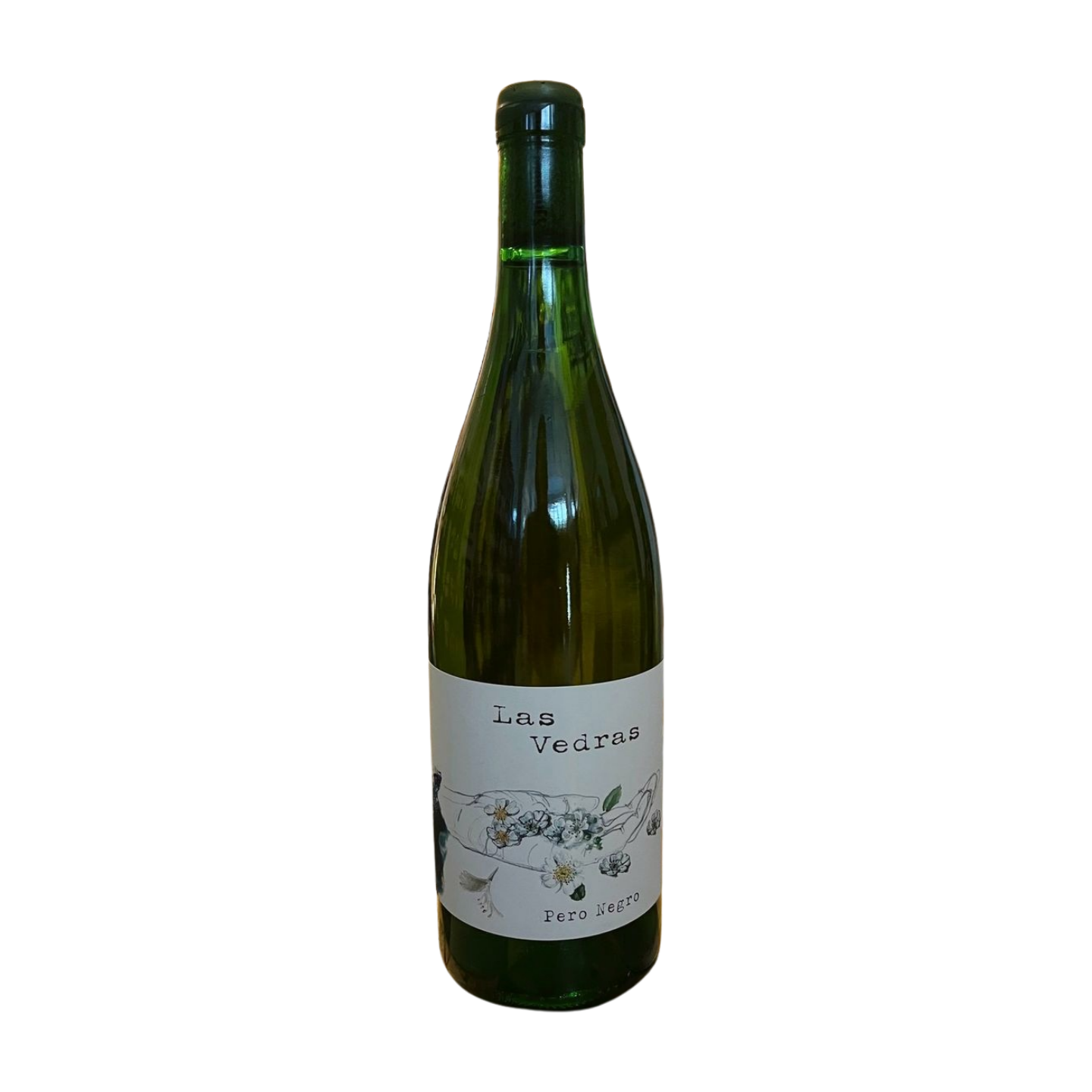Las Vedras
Las Vedras is a wine label born from the shared passion and vision of Sónia Raposo and Pedro Marques, a venture deeply rooted in the rolling green hills of Torres Vedras, Lisbon. Their project embodies a profound respect for the region's viticultural heritage, focusing on meticulously selected plots of old vines scattered across a landscape shaped by Atlantic winds and clay-limestone soils. The vineyards, totaling a modest 2.5 hectares, are home to vines ranging from 30 to 80 years old, representing the heart of their estate. These mature vines in the Lisbon region within the Torres Vedras municipality are spread across distinct localities, each contributing a unique character to the Las Vedras wines. The "Blackjack" series, for instance, draws from Pero Negro, Portela do Bispo, Barro, and Dois Portos, locations of mixed heritage imbued with a sense of dedication and a shared goal of producing exceptional wines.
Pedro Marques, already established as a winemaker at Vale de Capucha, brought his expertise to this joint venture. The couple’s dream materialized in 2019 as they acquired and rented multiple plots around Torres Vedras, demonstrating their commitment to the region. The couple embraces a hands-on, low-intervention approach, employing artisanal and natural winemaking techniques. They navigate the complexities of winemaking with a careful selection of techniques, using minimal sulfur dioxide additions, extended aging in used wood, and bottle refinement to produce precise, ripe, and delicate wines. This meticulous approach allows for a genuine expression of the diverse terroir of each plot, reflecting the unique characteristics imparted by the old vines and the specific microclimates of each location. Their overarching goal is to revitalize and showcase the region's viticultural heritage, transforming these old vines into a showcase of the region's potential with each vintage. The wines have become a testament to the region's ability to produce high-quality wines and winemakers' commitment to their craft.
A particularly poignant chapter of their story involves grapes from a small vineyard planted by the late António Carvalho. Renowned for his fascination with French varieties, Carvalho’s plot is a unique mosaic of Roussanne, Marsanne, Petit Manseng, Viognier, and indigenous Portuguese grapes. The resulting Limo Las Vedras is a testament to Carvalho’s legacy, showcasing a vibrant and complex profile. While the exact composition of this blend remains elusive, the wine's elegance and depth are undeniable. With its blend of international and local varieties, this unique vineyard perfectly exemplifies Las Vedras' commitment to celebrating the region's diverse viticultural tapestry.
Filters
Portuguese wine
Frequently asked questions
The entire country of Portugal is divided into 14 different wine regions, including in the Azores and Madeira islands. Some of Portugal's most famous winemaking regions include the Douro Valley (known for Port) and Vinho Verde (known for its light, refreshing white wines).
Portugal is becoming more well known for its orange wines, talha wines (traditionally made in clay pots), and palhete (made by blending red and white grapes together).
Portugal is best known for its fortified wine, called Port wine. It is produced in the Douro Valley, which is a UNESCO World Heritage Site and recognized as the world's first demarcated wine region, established in 1756.
Vinho Verde in northern Portugal is another popular winemaking region characterized by rolling hills and lush landscapes. It's known around the world for low-alcohol, refreshing white wines, although the region traditionally focused more on red wines made with the fruit-forward vinhão grape.
The Portuguese island of Madeira, with its subtropical climate, is renowned for its fortified wines. Winemaking here dates back to the 15th century, when Portuguese
explorers brought grape varieties from around the world.
Our sustainable, natural wine shop is located in the Marquês neighborhood in Porto, Portugal. We also ship to countries around the world, including within Europe, the United States, Canada, Australia, China, and more. Review our Shipping Policy to learn more.
In recent years, there has been a notable shift toward sustainable viticulture and the production of natural wine in Portugal. Many winemakers are implementing organic farming practices and embracing biodiversity to maintain soil health and reduce chemical inputs. This commitment to sustainability is not only beneficial for the environment but also enhances the quality of the wines, allowing the unique characteristics of the terroir to shine through. For example, some winemakers are now utilizing ancient terracotta amphorae for fermentation (called talha in Portuguese). This method preserves regional cultural heritage, enhances the wine's character, and aligns with sustainable practices by reducing reliance on modern materials.

